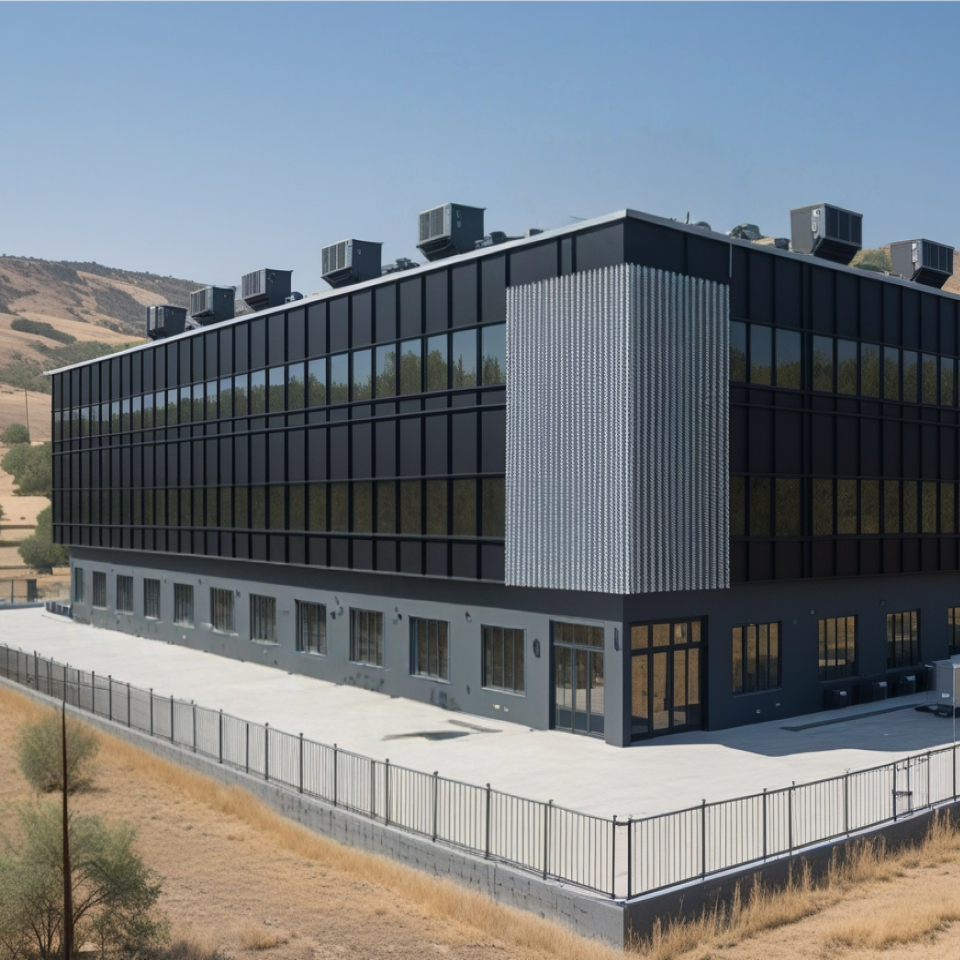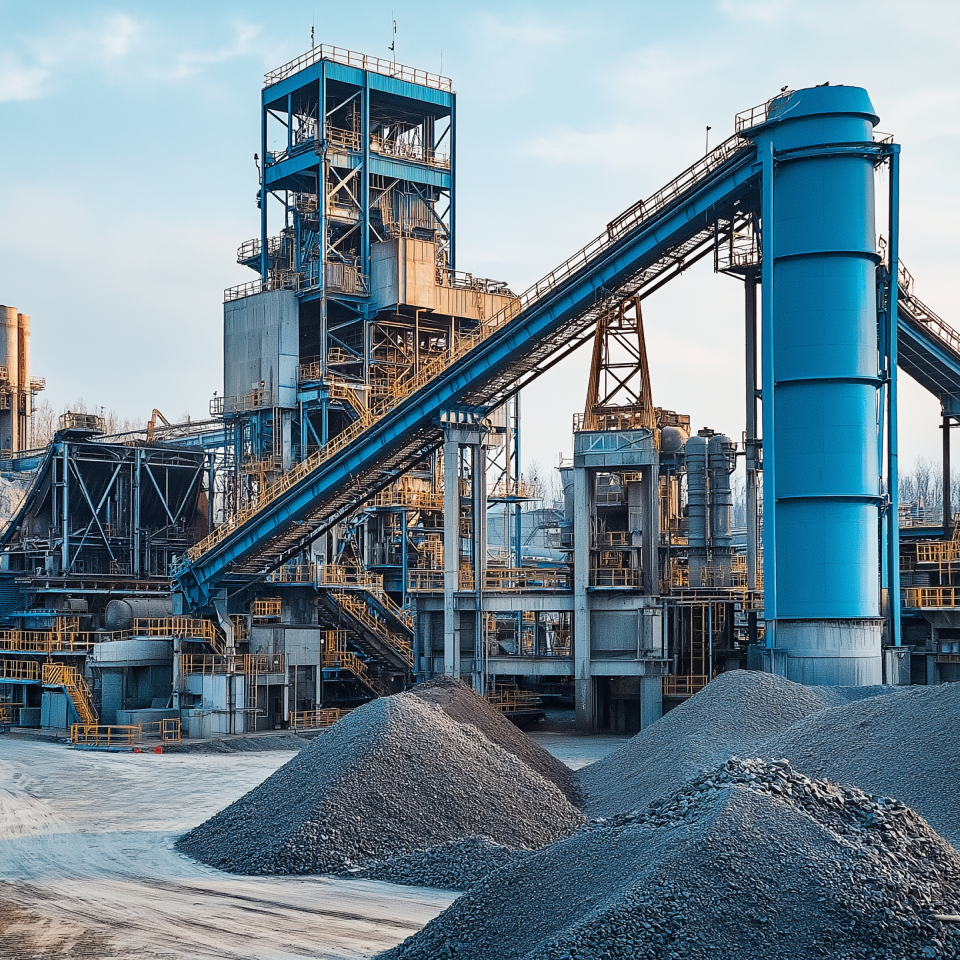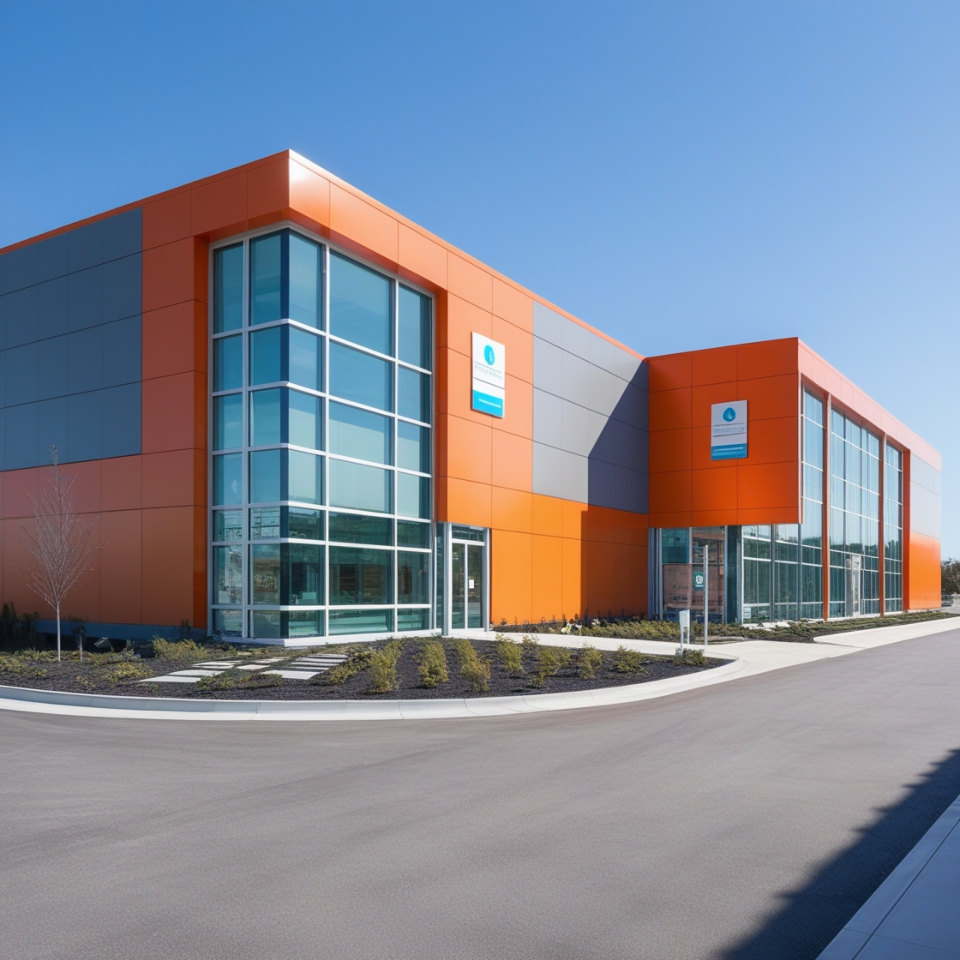The nuclear industry and energy sector represent an intricate and multi-tiered infrastructure encompassing nuclear power plants, nuclear fuel cycle facilities, and a comprehensive support ecosystem. This ecosystem comprises research and development centers, specialized transportation services, and sophisticated logistics networks. Serving as a cornerstone for national energy security and economic stability, this infrastructure significantly contributes to advancing technological and scientific capabilities.
Within the nuclear industry's highly critical environment, where process reliability directly impacts safety and operational efficiency, the deployment of advanced automation and control systems is imperative rather than optional. These sophisticated systems enable comprehensive process automation, ranging from real-time radiation monitoring to precise control of energy generation units. Such automation capabilities are crucial for proactive accident prevention and risk mitigation, ensuring safe and efficient operations across all nuclear facilities.

Environmental safety management systems in the nuclear power industry are essential for upholding stringent ecological standards. These advanced solutions facilitate real-time environmental monitoring, emission control, and waste management processes, thereby safeguarding natural resources and promoting environmental sustainability.
Moreover, these sophisticated control systems drive production process optimization, leading to enhanced efficiency and cost reduction. Through advanced automation and centralized process control, they significantly reduce preparation and execution times for critical operations, directly impacting energy production speed and output capacity.
The adoption of modern control systems in nuclear power opens up groundbreaking innovation opportunities. By leveraging these technologies, industry leaders can seamlessly integrate cutting-edge scientific advancements into operational workflows, driving the development of next-generation reactor designs, advancing fuel processing methodologies, and boosting overall industry performance.
Consequently, these control systems serve as the backbone of the nuclear power industry's infrastructure, ensuring operational reliability, safety compliance, and long-term sustainability. They are instrumental in maintaining rigorous production standards, environmental protection protocols, and fostering technological innovation, all of which are critical for achieving national energy independence and sustainable growth.






